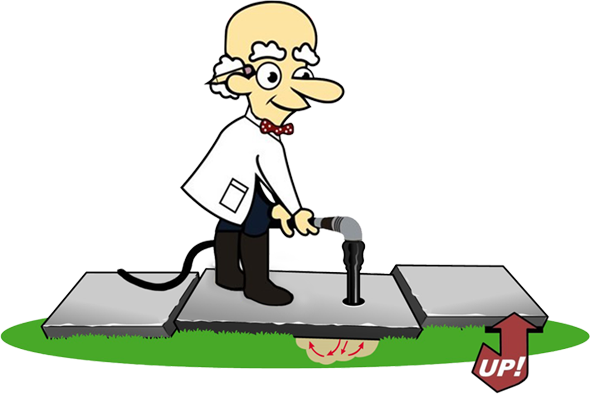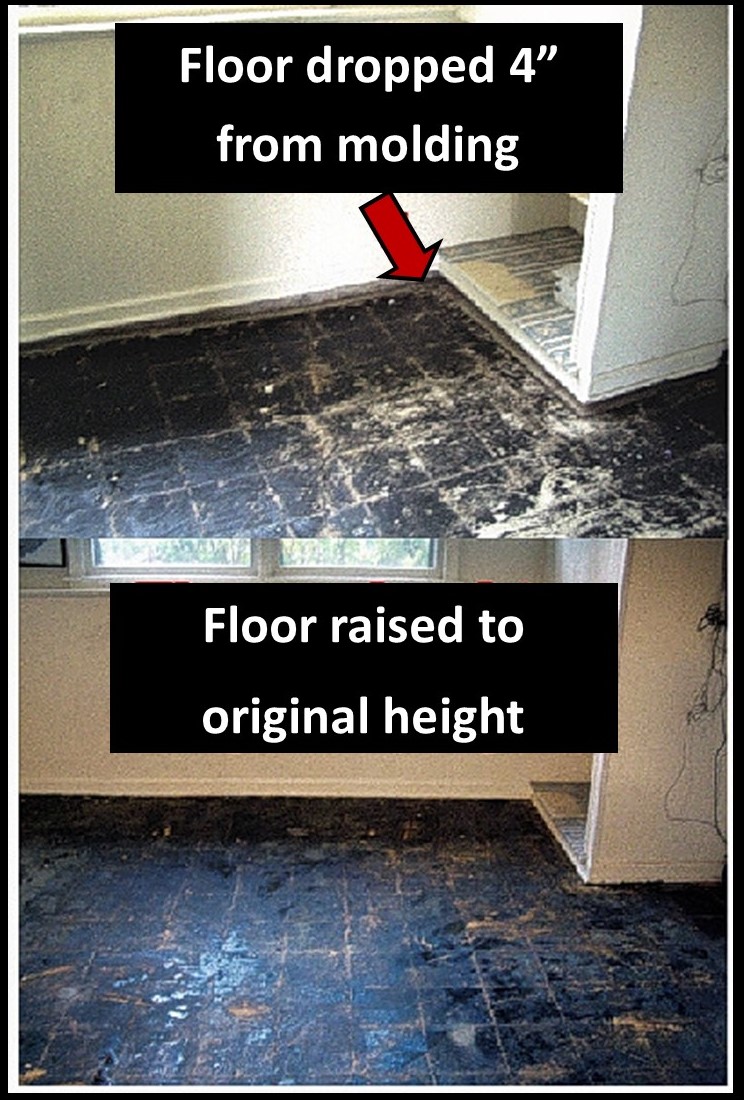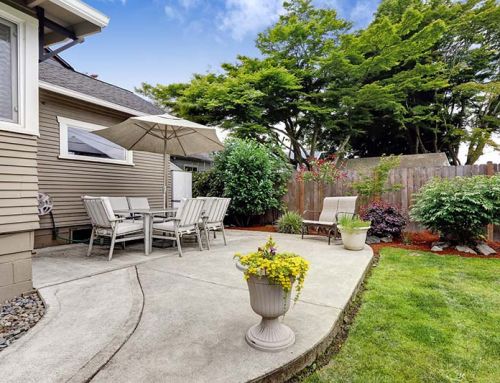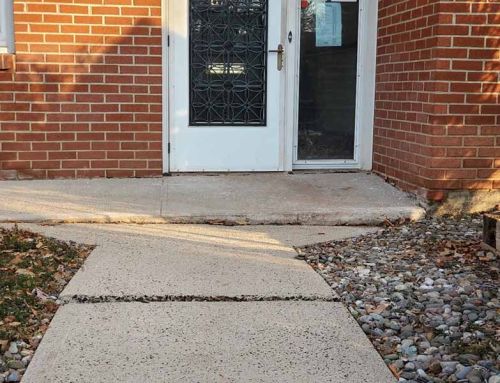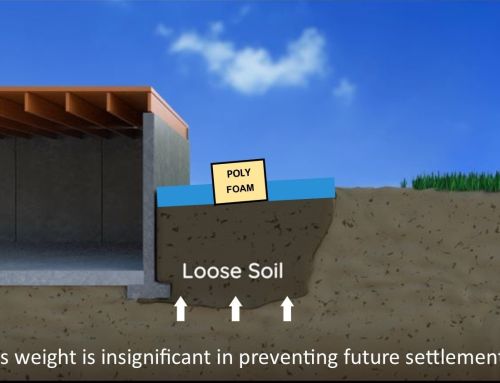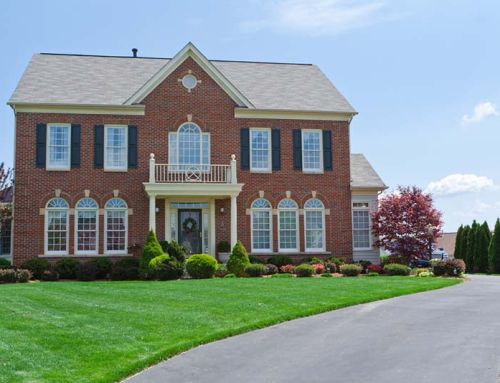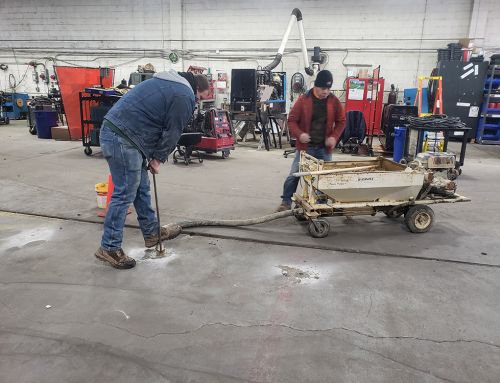IN THIS ARTICLE
Concrete leveling or Mudjacking is typically completed in a matter of hours and save money over the cost of concrete replacement. Those that are unfamiliar with the process are often skeptical, but most do not realize that the process was first discovered in the 1930’s and has been successfully in use on highways, floors, pool decks, warehouses and homes for many decades.
So for how long can you expect your concrete slab raising to remain in place?
The longevity of concrete leveling depends on various factors, including the quality of the workmanship, the condition of the underlying soil, and the maintenance of the concrete surface. This applies not to only concrete that has been raised, but also concrete that has been replaced. If these points are not taken into consideration and addressed, settlement can occur.
Quality of Workmanship:
When performed correctly by experienced professionals using high-quality materials, concrete leveling can provide long-lasting results. In general, you can expect the effects of concrete leveling to last for many years, often exceeding a decade or more. Concrete Chiropractor® has raised slabs since the year 2000 that are still in place today. However, it’s important to note that the specific duration can vary based on the factors mentioned earlier.
Underlying Soil:
The condition of the soil is crucial in determining the longevity of concrete leveling. If the underlying soil is stable and properly compacted, it can provide a solid foundation for the raised concrete. On the other hand, if the soil is prone to erosion, settling, or shifting, it can impact the stability of the leveled concrete over time.
For example, the backfill zone around a home or building that is several feet deep may continue to settle for 10 to 15 years after initial construction. Also, if downspouts discharge next to your concrete, or if you have surrounding grade sloped toward your concrete, soil erosion can continue causing failure.
Maintenance:
Regular maintenance is also key to extending the lifespan of concrete leveling. It is advisable to maintain the leveled concrete surface. Additionally, addressing and sealing any open joints or damage promptly can prevent further deterioration and prolong the overall lifespan.
It’s worth mentioning that extreme weather conditions, such as freeze-thaw cycles, heavy rainfall, or excessive heat, can impact the durability of the leveled concrete. Proper drainage systems and appropriate surface sealants can help mitigate the effects of weathering and increase the longevity of the concrete leveling.
Some folks will see animals living under their concrete and assume the animal removed the soil causing the failure, but in fact, the animals such as chipmunks and ground hogs will sense there is a cave under the concrete slab. They will then just need to dig out along the edge and claim this void under the concrete slab as their home.
What can You Do to Prevent Concrete Settlement?
- If you are overseeing the initial construction, be sure the backfill is placed and compacted well in lifts of 8”.
- Correct any drainage issues such as improperly run downspouts or grading. Install drains as necessary.
- Correct sinking concrete to prevent large amounts of water from draining toward the building, causing underlying soil erosion.
- Seal open joints that can collect water
In summary, with proper installation, good soil conditions, and regular maintenance, concrete leveling can last for many years, or as long as the concrete itself. However, the specific duration can vary based on several factors, and it is always recommended to consult with professionals who can assess your specific situation and provide an accurate and honest estimate.
- Garage Floor Raising and Coating: The Ultimate Guide - June 4, 2024
- Mudjacking Cost: 5 Factors That Affect It - April 10, 2024
- What is The Average Cost of Concrete Leveling in Belle Mead, NJ? - April 4, 2024

